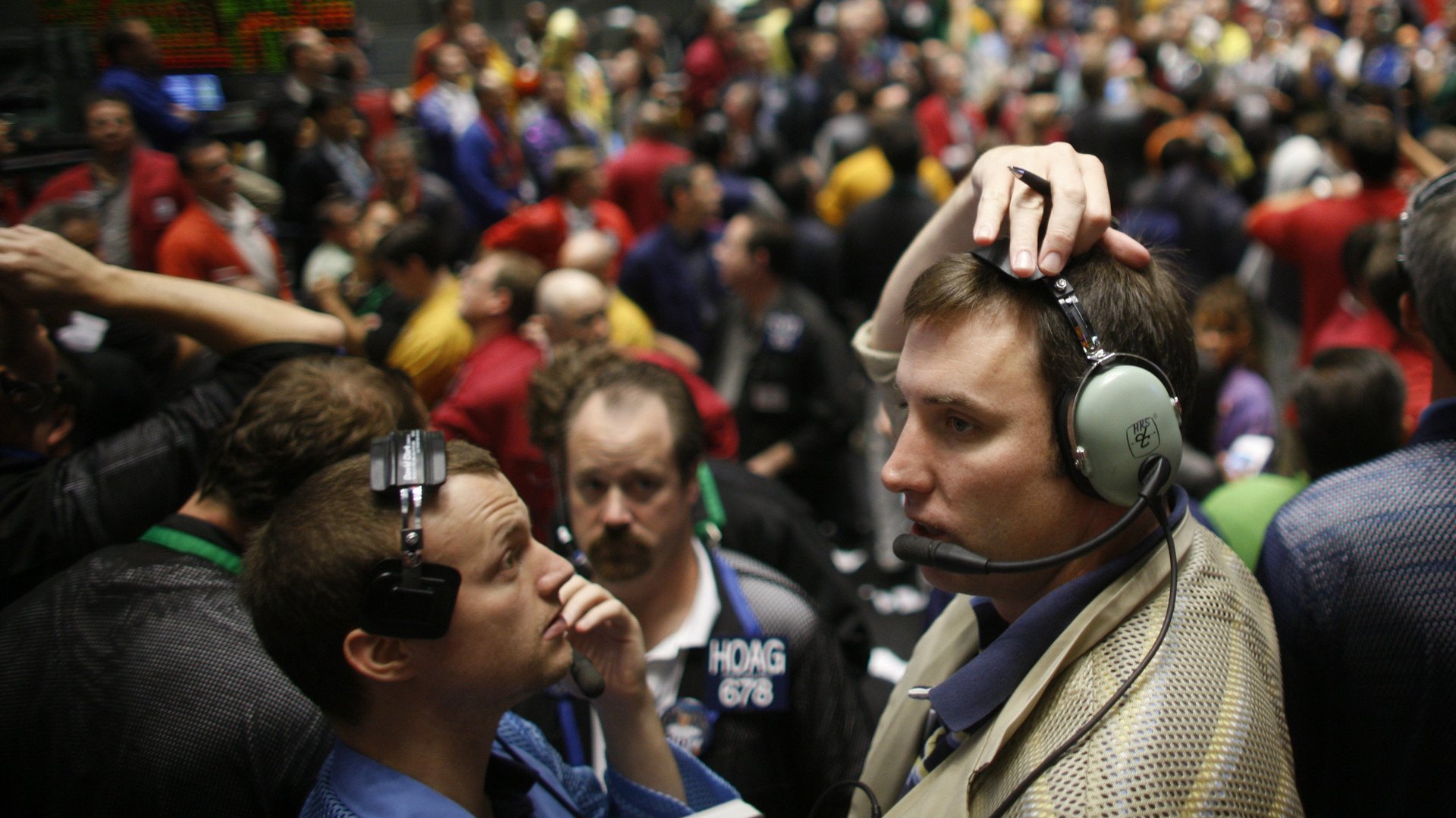The stock market’s “fear gauge” is at a 23-year low, and traders are terrified
Just before a tsunami hits, the sea retreats and leaves unusually calm, shallow water. Some see parallels with the stock market today.


Just before a tsunami hits, the sea retreats and leaves unusually calm, shallow water. Some see parallels with the stock market today.
Of course, markets don’t follow the same laws of the natural world. But it is hard not to worry that an eerie calm in the markets means something nasty is coming.
The VIX index, colloquially known as the market’s “fear gauge,” fell to its lowest level since 1993 this week. Volatility is the most common rough-and-ready measure of risk in the stock market. The VIX is the number you get if you back out the volatility implied by the price of stock options for the S&P 500. It is a forward-looking measure of the range of prices that traders think stocks will trade within over the coming month. According to this measure, since 2016—the year of Brexit and Trump—markets expect less stock-market volatility, as measured by the VIX.
On its face, this makes little sense. The world seems more uncertain than ever, but investors anticipate calm stock markets. It could be a somewhat artificial, self-fulfilling thing—traders are trying to short volatility because it keeps falling, so others pile in on the action, even if they think the other shoe will drop eventually. Others say that increased investment in index funds is dampening volatility—passive funds automatically plow money into the market, steadily pushing up prices.
Always a believer in efficient markets, I recently asked a few traders if they believed lower volatility reflected less risk in the markets. They laughed nervously and said, in essence, “a correction is coming and it will be ugly.” They expect a big group, eventually, will get nervous enough and pull out of the market—maybe institutional investors (pension funds, foundations, and the like) or recent retirees. Once this starts, more will follow. Then, one trader says, it will be “carnage.”